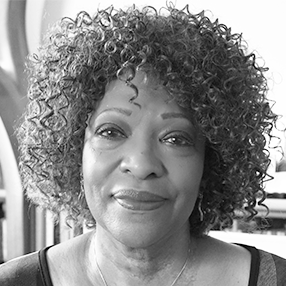Transit
If music be the food of love, play on.
This is the house that music built:
each note a fingertip’s purchase,
rung upon rung laddering
across the unspeakable world.
As for those other shrill facades,
rigged-for-a-day porticos
composed to soothe regiments
of eyes, guilt-reddened,
lining the parade route
(horn flash, woodwind wail) . . .
well, let them cheer.
I won’t speak judgment on
the black water passing for coffee,
white water for soup.
We supped instead each night
on Chopin—hummed our grief-
soaked lullabies to the rapture
rippling through. Let it be said
while in the midst of horror
we fed on beauty—and that,
my love, is what sustained us.
[Alice Herz-Sommer, survivor of the Theresienstadt ghetto / concentration camp]
Copyright © 2016 by Rita Dove. Originally published in Poem-a-Day on April 5, 2016, by the Academy of American Poets.
“Many Jewish musicians and composers were interned at Theresienstadt, the ‘model’ concentration camp showcased by the Nazis when the Red Cross arrived for inspection: New clothes were issued, fresh produce displayed in the ‘marketplace,’ while the musicians played concerts and marched in mock parades. As soon as the inspectors left, grim reality returned—including death marches to mass extermination sites like Auschwitz. Even so, those whom Fate spared one more time continued to compose and perform for their fellow inmates; they even staged operas from memory. How does one retain a human yearning in the midst of such horror?”
—Rita Dove

